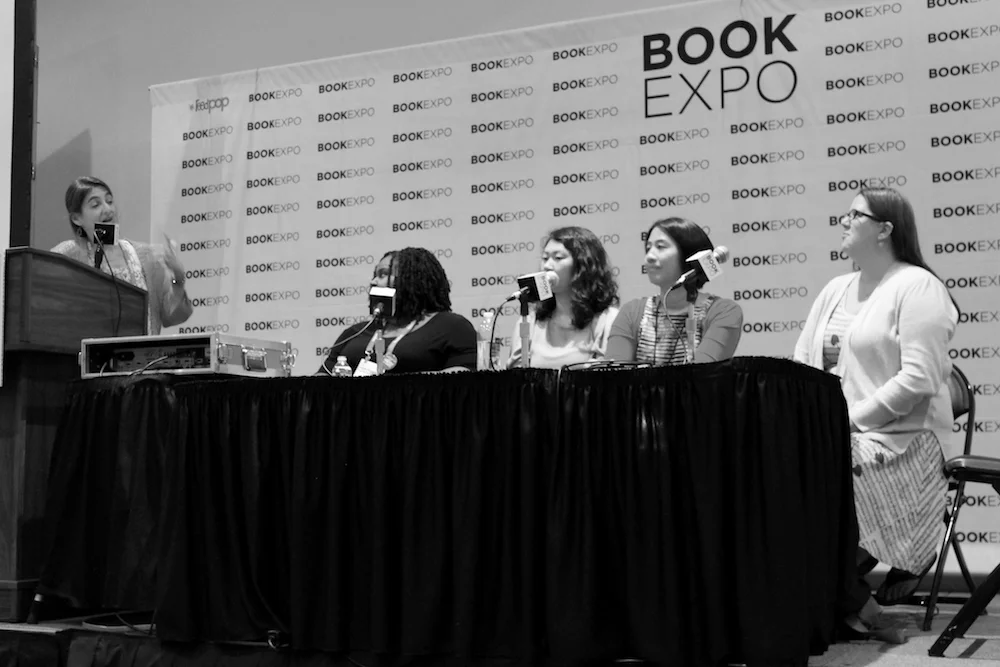Reading List: The Battle of Algiers
/By Emily Lever
The war for Algerian independence was one of the bloodiest decolonization battles of the 20th century. Algeria had been a French military colony for over 100 years when, in 1954, the Algerian National Liberation Front (FLN) rose up against the French occupation in a deadly and brutal eight year war for independence. When it ended in 1962, the conflict had left 350,000 dead on the Algerian side, and 100,000 dead on the French side.
Saadi Yacef was the military leader of the FLN in Algiers during the war. His memoir about the insurgency - Souvenirs de la bataille d’Alger - inspired the critically acclaimed film, The Battle of Algiers, which, aside from Casablanca, is perhaps the most globally famous movie set in North Africa. LSP recently met with Yacef in New York ahead of the re-release of the film.
Yacef's memoir and the film it inspired are compelling in their own right but for more historical context, the following literary works offer a variety of perspectives, in fiction and nonfiction, of the fight for Algerian independence.
Charles-André Julien: History of North Africa from the Arab Conquest to 1830 (1930)
Published in English in 1970, this layperson-friendly historical study is the work of the first French intellectual to debunk the idea that Algeria had no history before the French conquest.
Kateb Yacine: Nedjma (1956)
Set in the aftermath of the violently repressed nationalist protests of May 8th, 1945, this Faulknerian novel follows four friends’ romantic rivalry against the backdrop of the struggle for independence.
Albert Camus: "L'Hôte" (The Guest) in Exile and the Kingdom (1957)
This short story centers on a French schoolteacher who must face a moral dilemma when he's given custody of an Arab prisoner.
Henri Alleg: La Question (The Question) (1958)
The editor of a pro-independence newspaper, Alleg was tortured for refusing to reveal the names of his associates. His account of his experience in a prison camp was banned in France, but not before making a huge impact on public opinion.
Frantz Fanon: The Wretched of the Earth (1961)
A psychiatrist, philosopher and FLN member, Fanon is considered the leading anti-colonial thinker of the 20th century. In this analysis of colonialism and its psychological effect on the colonized he critiques the idea of nonviolent resistance.
Alistair Horne: A Savage War of Peace (1977)
In what is possibly the definitive English-language work on the Algerian war of independence, Horne delves with an empathetic, novelistic touch into the mentalities of the different players in the conflict.
Assia Djebar: Fantasia (1985)
This dense, poetic novel intersperses memoir with a meticulously researched narrative of the French conquest of Algeria and the role that Algerian women played in anti-colonial struggle from its very start.
Edward Said: "Camus and the French Imperial Experience" in Culture and Imperialism (1993)
The author of the classic text Orientalism argues that the moral tension at the heart of French Algerian identity constitutes the “inner drama” in the work of Camus.
Kamel Daoud: The Meursault Investigation (2014)
A Goncourt du Premier Roman-winning novel, about the voiceless Algerian man described only as “the Arab” killed by the French settler Meursault in Camus' The Stranger. LSP




